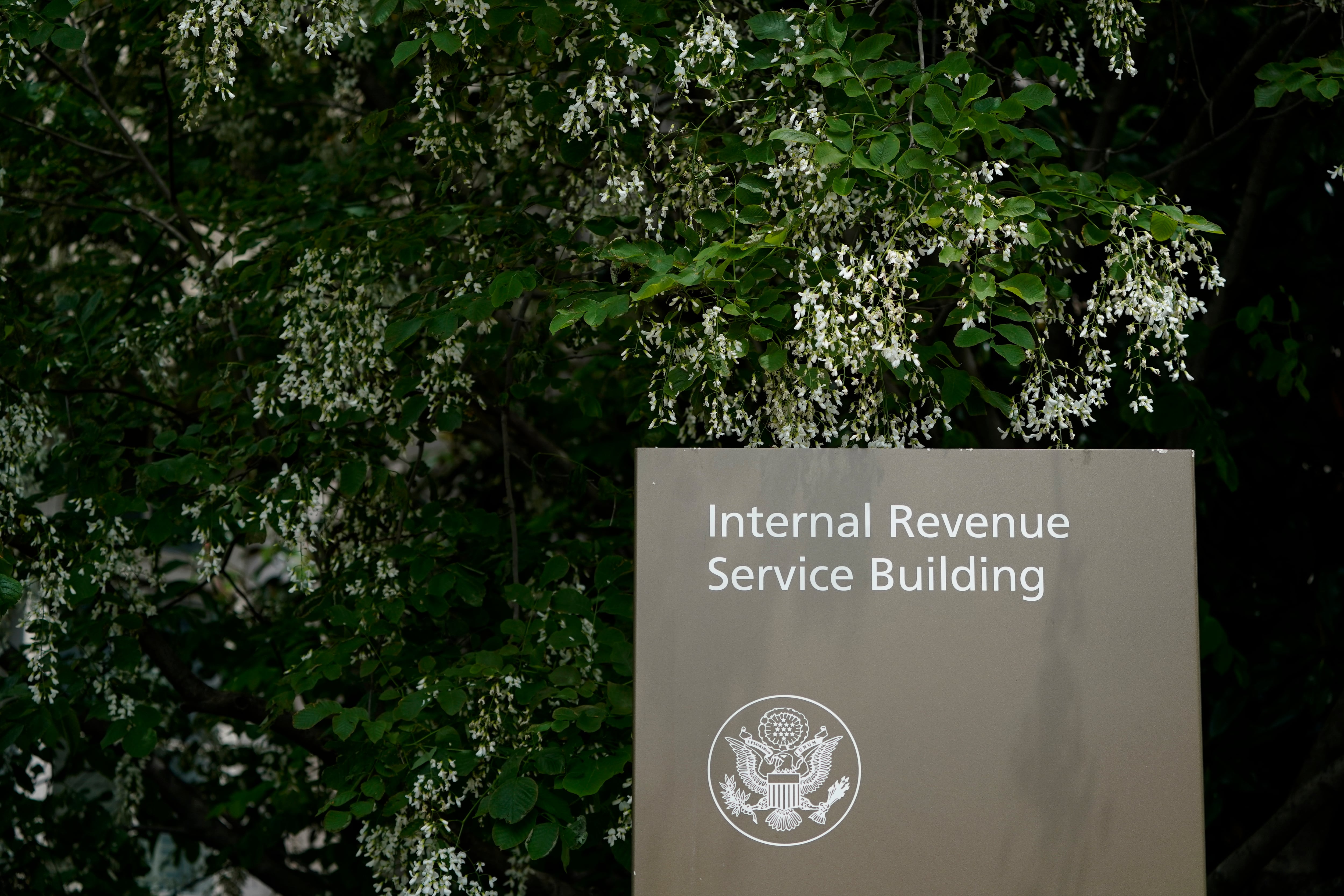WASHINGTON (AP) — The IRS plans to end a major tax loophole for wealthy taxpayers that could raise more than $50 billion in revenue over the next decade, the U.S. Treasury Department says.
The guidance and ruling being announced Monday includes plans to essentially stop “partnership basis shifting" — a process by which a business or person can move assets among a series of related parties to avoid paying taxes.
Biden administration officials said after evaluating the practice that there are no economic grounds for these transactions, with Deputy Treasury Secretary Wally Adeyemo calling it “really just a shell game.” The officials said the additional IRS funding provided through the 2022 Inflation Reduction Act had enabled increased oversight and greater awareness of the practice.
“These tax shelters allow wealthy taxpayers to avoid paying what they owe," IRS commissioner Danny Werfel said.
Due to previous years of underfunding, the IRS had cut back on the auditing of wealthy individuals and the shifting of assets among partnerships and companies became common.
The IRS says filings for large pass-through businesses used for the type of tax avoidance in the guidance increased 70% from 174,100 in 2010 to 297,400 in 2019. However, audit rates for these businesses fell from 3.8% to 0.1% in the same time frame.
Treasury said in a statement announcing the new guidance that there is an estimated $160 billion gap between what the top 1% of earners likely owe in taxes and what they pay.
Monday's announcement is part of the IRS’s ongoing effort to zero in on high-wealth tax cheats who manipulate the tax code or don't pay their taxes at all.
Initiatives announced in the past year have included pursuing people and businesses that improperly deduct personal flights on corporate jets and collecting back taxes from delinquent millionaires.
The IRS plans to raise audit rates on companies with assets above $250 million to 22.6% in 2026, from an 8.8% rate in the tax year 2019. It also plans to increase audit rates by tenfold on large complex partnerships with assets over $10 million.
___
See all of the AP’s tax season coverage at https://apnews.com/hub/personal-finance.









